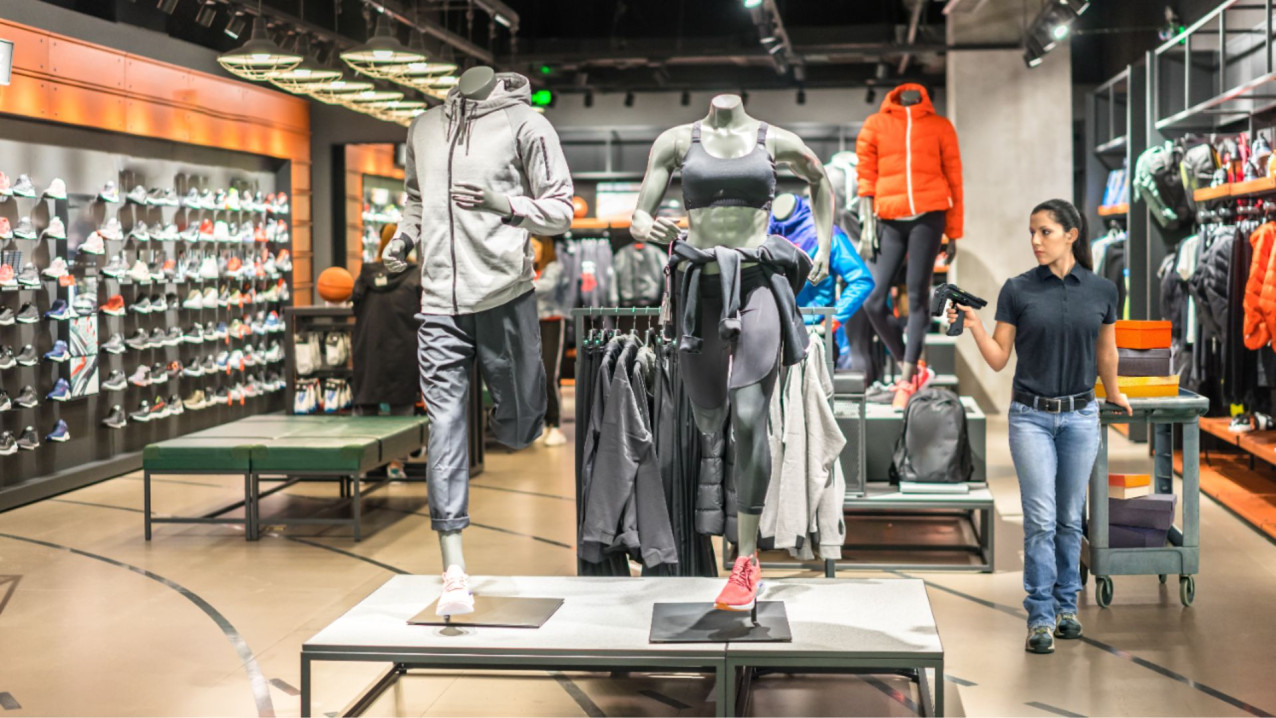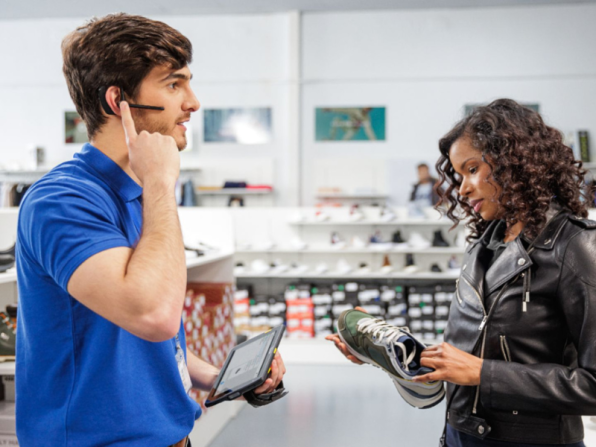E-commerce and Online Shopping
The rise of e-commerce platforms has revolutionized retail by providing customers with the convenience of shopping from anywhere at any time. Online stores offer vast product selections, detailed descriptions, customer reviews, and personalized recommendations, enhancing the overall shopping experience. Additionally, advancements in logistics and delivery services have made online shopping faster and more efficient.
Mobile Apps and Digital Wallets
Retailers have developed mobile applications that enable customers to browse products, compare prices, make purchases, and receive personalized offers. Mobile wallets, such as Apple Pay and Google Pay, have simplified the checkout process, making it faster and more secure. These technologies streamline the customer experience by reducing friction and eliminating the need for physical payment methods.
In-Store Digital Enhancements
Retailers are incorporating technology within physical stores to improve the customer experience. For instance, interactive digital displays and kiosks provide product information, allow customers to check inventory availability, and offer personalized recommendations. Mobile point-of-sale (mPOS) systems enable sales associates to complete transactions anywhere in the store, reducing wait times and enhancing convenience.


